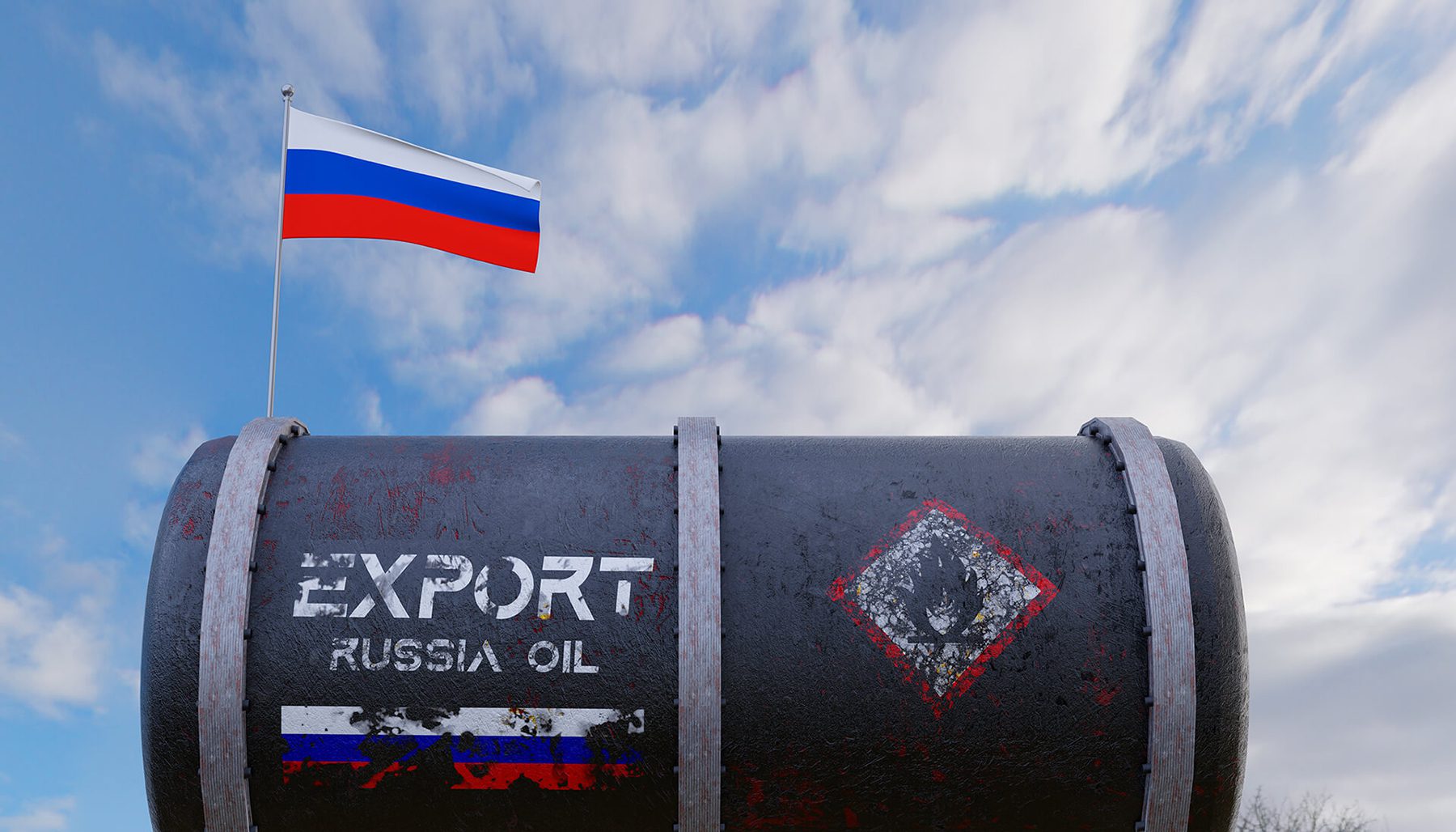
Czech Republic spends over $8 billion on Russian oil and gas
The Czech Republic spent more than €7 billion ($8.2 billion) on Russian oil and gas since the start of the invasion.
The Czech Republic is Ukraine’s closest ally. It provides significant military hardware, humanitarian support, and ammunition-raising funds.
Western sanctions on Russian oil and fuel, implemented in response to Moscow’s invasion of Ukraine, aimed to cut off a crucial revenue stream for the Kremlin.
This amount is more than five times the €1.29 billion ($1.4 billion) it has provided in aid to Ukraine, according to research by the Center for the Study of Democracy and the Centre for Research on Energy and Clean Air.
The report highlights that Czech oil refineries, particularly Polish firm Orlen Unipetrol, have benefited from discounted Russian fuel purchases, amounting to around €1.2 billion ($1.3 billion).
Russian oil was, on average, 21 percent cheaper than alternative Azerbaijani oil in 2023.
The situation stems from an exemption granted by the European Union to the Czech Republic, along with Hungary and Slovakia, from the Russian oil ban. This exemption was intended to give these landlocked countries additional time to secure new fuel routes.
However, the research suggests that the Czech Republic’s dependence on Russian oil increased to around 60 percent in 2023, despite government intentions to phase out purchases from Moscow.
Director of Energy and Climate at the Center for the Study of Democracy Martin Vladimirov said that “Czechia could secure normal supplies of non-Russian crude oil” through alternative pipelines and increased imports of refined products.
The Czech Ministry of Industry and Trade stated its commitment “to ending our reliance on Russian fossil fuels as quickly as technically possible,” aiming to divest fully from Russian oil by next year.
The ministry also said that Russian oil imports are handled by private company Orlen Unipetrol, over which “the government does not have direct control.”
Polish firm Orlen Unipetrol said it “complies with all applicable domestic and international laws and regulations” and is “preparing for a full transition to non-Russian grades of oil.”
Luke Wickenden, an analyst with the Centre for Research on Energy and Clean Air, said, “Orlen continues to use it to funnel roughly €50 million ($55 million) each month to the Kremlin in oil tax revenues.”
Politico reported last month that Western allies purchased approximately $2 billion worth of fuel refined from Russian oil in the first half of 2024.
Read also:














